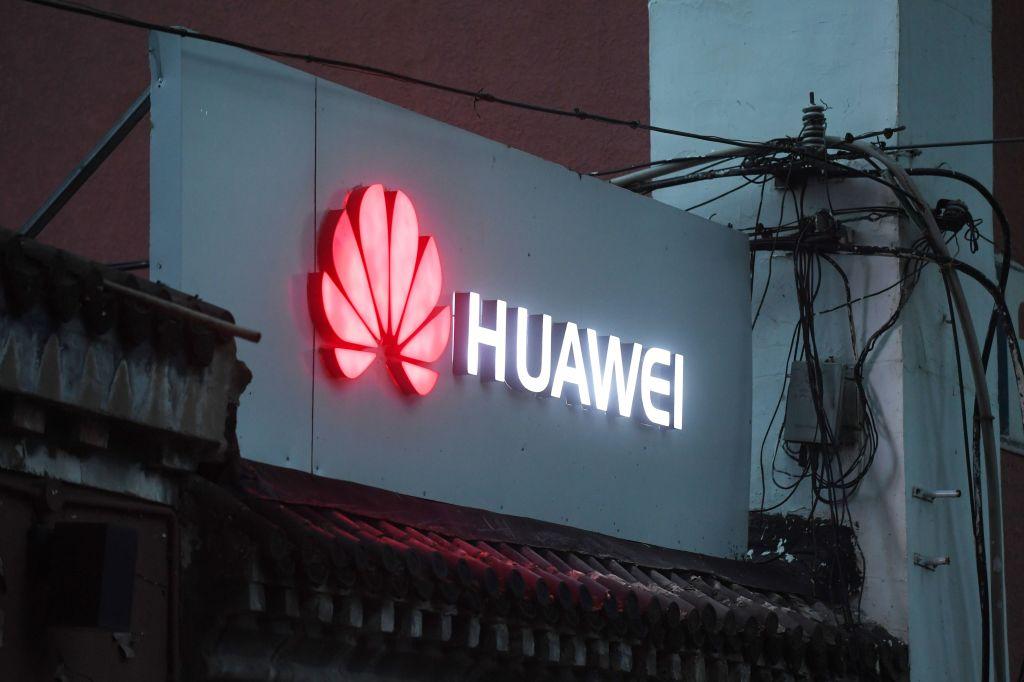News Analysis
TORONTO—Chinese telecommunications giant Huawei’s footprint in the development of the next generation of mobile technology in Canada—where Huawei Chief Financial Officer Meng Wanzhou was arrested on Dec. 1 at the request of U.S. government—has been a sore point for Canada’s relations with its intelligence and security partners, including the United States.





